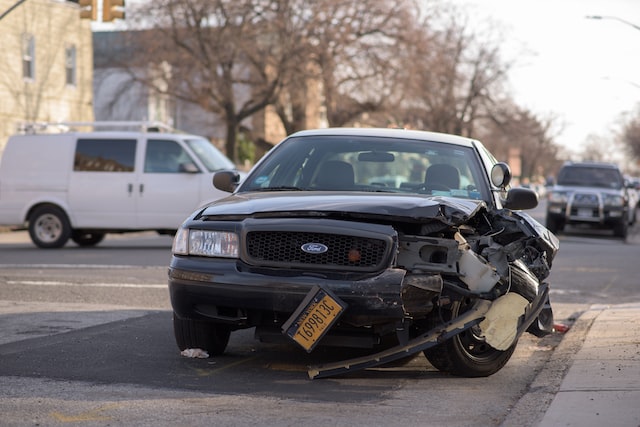
Getting into an accident can be terrifying. You may be injured, and your vehicle could get damaged. It is especially stressful to get into an accident if you are out of state. Personal injury law varies from state to state, and you want to make sure that you will get your money. In most cases, you will follow the laws of the state in which the accident took place.
Fault and No-Fault States
There are two kinds of insurance laws in the United States, Fault and no-fault. In a no-fault state, your insurance will pay for your accident-related bills no matter who caused the crash.
In a fault state, the insurance company of the person who caused the collision is responsible for the bills. Most states in the country are considered fault or tort states. No fault only applies to injuries. If there is damage to a car, the at-fault driver’s insurance will pay for it.
The states of Kentucky, New Jersey, and Pennsylvania are limited tort states. Drivers in these states may opt out of no-fault insurance. A driver who has opted out can sue a driver who has caused an accident.
Different Kinds of At-Fault Rules
There are several different types of at-fault rules in the U.S. They concern the amount of fault a person has when they get into an accident. This is called comparative negligence.
For example, a driver may drive through an intersection against the light, but the person they hit may have been speeding. An insurance adjuster will look at the facts of the case and decide the percentage of blame to assign to each driver. One driver may be deemed 40% at fault, and another may be given 60% of the blame. They will look at certain evidence such as:
- The police report.
- Photos that were taken at the scene.
- Statements from witnesses.
- Traffic camera footage.
As you can imagine, insurance adjusters for different companies will often disagree about who had the most fault in an accident. Part of an adjuster’s job is to keep their company’s money in-house. If you believe an insurance company is not offering you fair compensation, or if they are assigning you too much blame for an accident, you should contact a personal injury attorney.
Pure Comparative Negligence
In a pure comparative fault state, a driver is liable for the percentage of the accident they cause. If you are 20% responsible for an accident and the other driver is 80% responsible, you would be able to recover 80% of your accident-related bills from the other driver’s insurance company, and they would be able to recover 20% of their bills from your insurance company.
Modified Comparative Negligence
The modified comparative rule is one of the most popular in the country. If the state where the accident occurred has this rule, you will only be able to get insurance money if the other driver was primarily responsible for your accident. In some states, you must not be more than 50% to blame for the crash.
Pure Contributory Negligence
Pure contributory negligence is the harshest of all insurance rules. It states that you cannot recover any insurance money if you are even 1% responsible for an accident. Although insurance companies love this rule, only four states follow it. Suppose you have had an accident in Alabama, the District of Columbia, Maryland, North Carolina, or Virginia. In that case, it is crucial to establish that you were not at fault in any way.
Collect Your Evidence
If you have an accident in a modified comparative negligence or pure contributory fault state, it is especially important to collect documentation of your accident. Even if you had an accident in a no-fault state, it is important to collect evidence.
Always call the police and wait for them to arrive when you have a crash. Ask for a copy of the police report and take pictures of the accident scene if you can. Get the name, phone number, and insurance information of anyone involved in the accident. Get the names of any witnesses at the scene.
Save every medical bill, including those for physical therapy and alternative treatments. Save the receipts from medications that you take. If you need help around the house, save the receipts from the maid services.
Getting in an accident is always hard. If you understand how insurance rules work and hire a good lawyer, you will have a better chance of getting compensation for your injuries.





